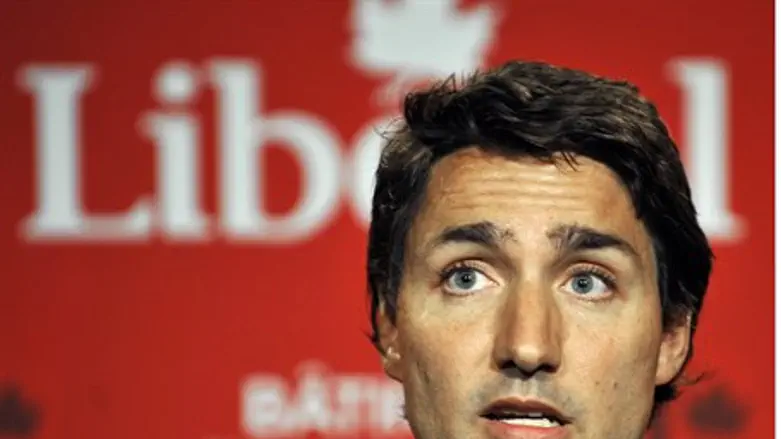
Canadian Prime Minister Stephen Harper said last weekend he intends to join American airstrikes on Islamic State (ISIS) terrorists in Syria and Iraq, a move met by sharp criticism from Liberal Party leader Justin Trudeau, who is favored to replace Harper in the 2015 elections.
Trudeau acknowledged that ISIS is a "threat to regional and global security" in his speech Thursday at the Canada2020 conference in Ottawa, but said "Mr. Harper has made no effort to build a non-partisan case for war," claiming a parallel to the 2003 Iraq war he termed the "Iraq fiasco."
Ironically former Prime Minister Jean Chretien, himself a former leader of Trudeau's Liberal Party leader, himself joined the 2001 Afghanistan war and sent troops to the Middle East without a parliamentary vote.
Further, despite the barbs claiming a lack of coordination, Harper has obligated himself to bring the issue up for debate on Friday and have it voted on by the Canadian parliament. Trudeau for his part complained Harper has not revealed enough details on what Canada's involvement in the airstrike campaign would be.
“I am dismayed to see that (Harper) seems somewhat indifferent to whether or not he has opposition support when contemplating a combat mission," said Trudeau, calling for a non-combat role in supporting the effort and helping Iraq establish a "multi-ethnic" government.
Trudeau has consistently opposed Harper's counter-terror moves, including a recently proposed legislation to cancel the citizenship of terrorists. Meanwhile in April, he condemned Harper in a Farsi-language local paper of supporting Israelto gain Jewish votes - even as he called for rapprochement with Iran in the Canadian-Iranian paper.
Regarding the terror threat posed to Canada, an intelligence report released by the state last month revealed there are over 130 Canadians engaged in terrorist activities abroad, and another 80 Canadians who have returned after being involved in terror abroad.